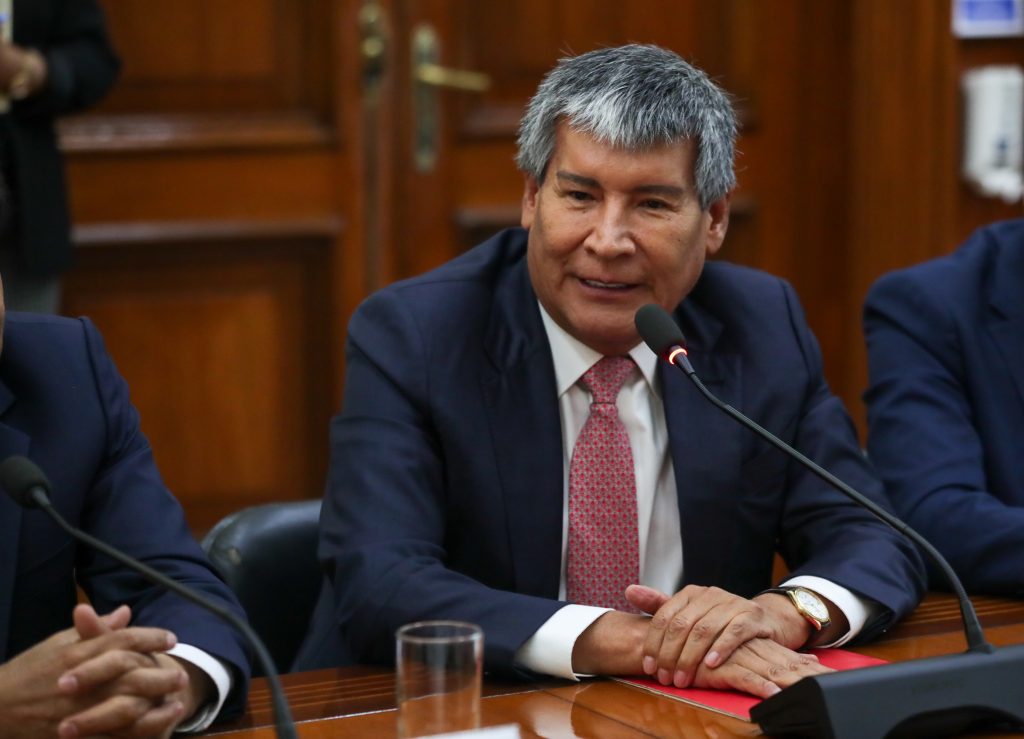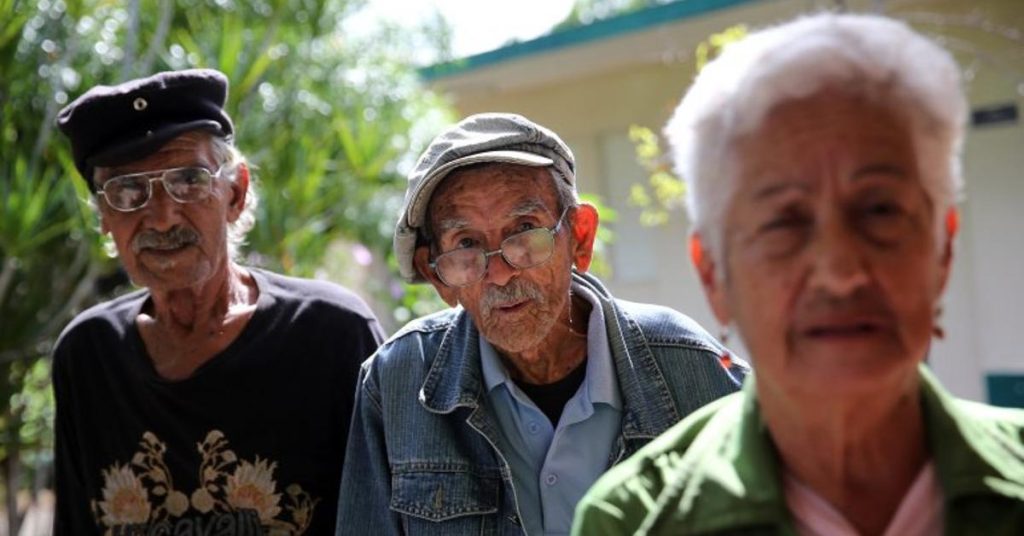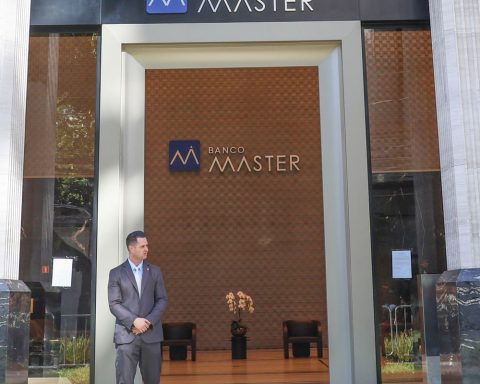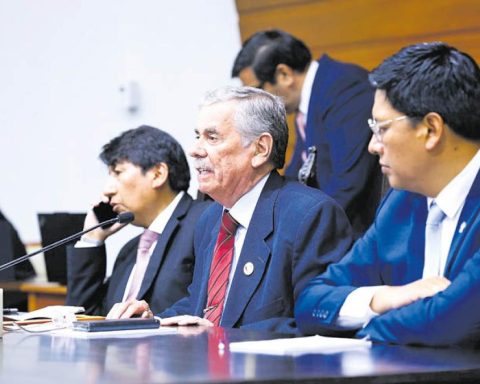It is also proposed to add the crimes of extortion, drug dealing, crimes provided for in the applicable laws committed for the illegal production, preparation, disposal, decision, import, export, transportation, storage and distribution of synthetic drugs, such as fentanyl and its derivatives.
However, in January 2023, the Inter-American Court of Human Rights (IACHR) ordered the Mexican State to eliminate roots and modify informal preventive detention, due to the fact that people are imprisoned without justification from the beginning of a criminal process, without the judge still has elements for deprivation of liberty.
The IACHR’s resolution is based on the fact that, in addition, justified preventive detention already exists in Mexico, one in which judges have the elements to proceed to imprison a person allegedly responsible.
On the other hand, informal preventive detention is applied without any element, only by the order of a judge and therefore the right to the presumption of innocence is affected and people are unduly detained, without a sentence proving their responsibility.
“By December 2022, more than 40% of the population deprived of liberty in penitentiary centers in Mexico was in preventive detention; On average, the duration of criminal proceedings with preventive detention in 2021 was between 141 and 248 days, but there are people who have been waiting for a sentence from prison for years,” the IACHR determined in 2023.
In addition, the organization pointed out that with the reform on the matter carried out in 2019, also at the proposal of López Obrador, and that the number of crimes subject to informal preventive detention was expanded, including electoral crimes or huachicoleo, there was already an “overuse of the preventive detention.”
That, according to the international organization, “seriously disrupts the effective investigation and prosecution of crimes in Mexico.”
Tax fraud, a danger
According to the opinion, it is required that there be informal preventive detention for the crimes of tax fraud and smuggling to prosecute both crimes, otherwise there is a danger to the subsistence and maintenance of government activities.
The justification is that according to the information from the fiscal years of 2017, 2018, 2019, the Tax Administration Service (SAT) “detected that false billing schemes involve both natural persons and legal entities and that the damage caused by these treasury schemes of more than 338,000 million pesos.”
Last year, according to the document, “around 10,790 subjects who engaged in tax fraud schemes were identified.”
For all these reasons, it is proposed that it is necessary to legislate to inhibit, prevent and punish crimes related to tax fraud and smuggling with imprisonment.

















